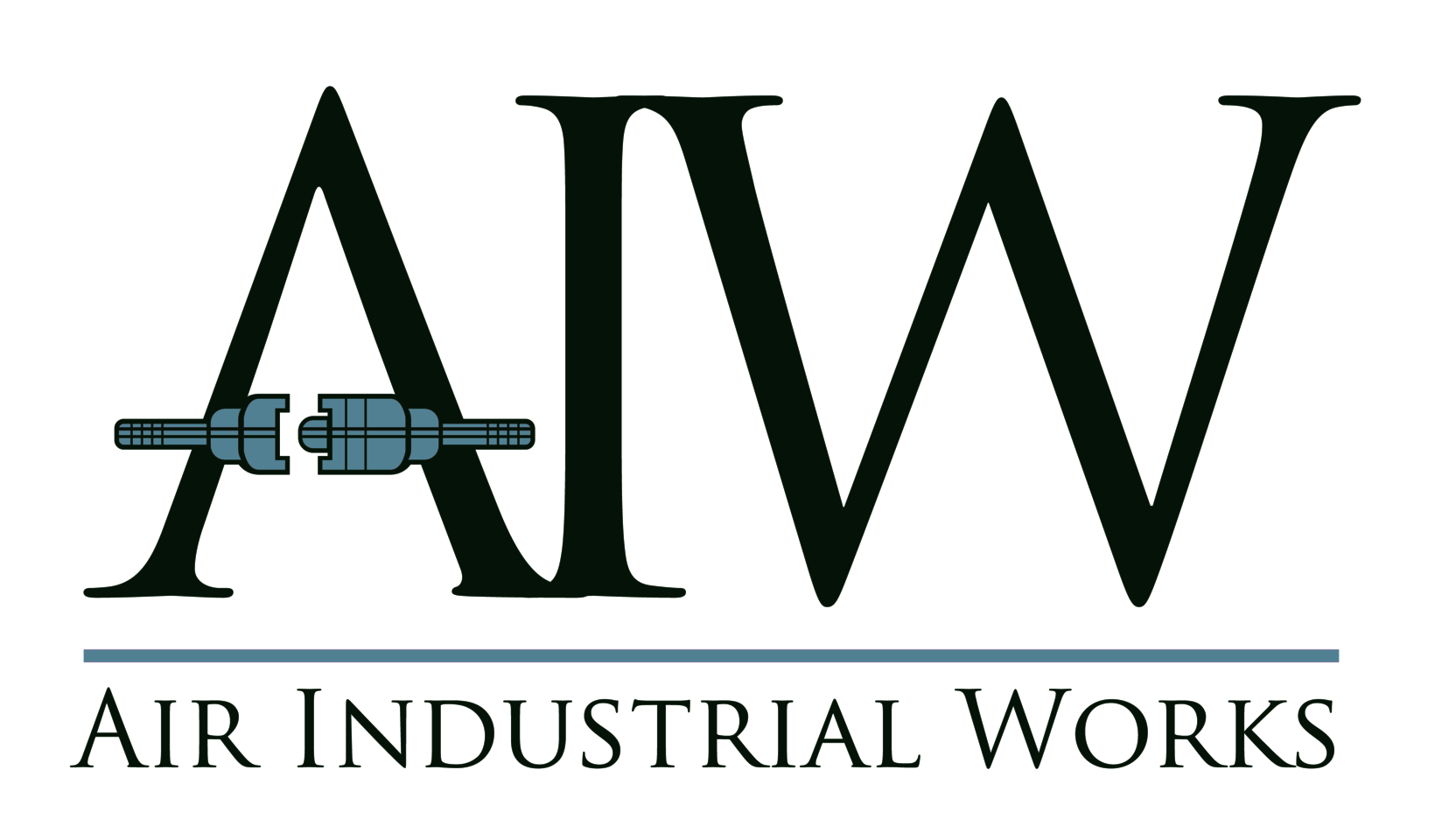A Business Owner's Guide to Dealing with Late Payments from Clients
Posted by Marjorie McMillian on Apr 13th 2022
A Business Owner's Guide to Dealing with Late Payments from Clients

If you run or own a small business, you rely on your customers to pay their invoices on time to stay afloat. While a major corporation may be able to carry on if an invoice or two is late, this can be a real deal-breaker for smaller companies. That said, when customers are late with payments, chasing them can be tricky. This guide from Air Industrial Works explains how to deal with late payments without hurting your relationships with customers, as well as how to avoid late payments in the first place.
Issue clear and comprehensive invoices to minimize the risk of late payments
Ideally, you will be able to avoid late payments altogether. The first step is to make sure your invoices are clear and contain all the relevant data a customer needs to pay easily and quickly. Sage provides a handy guide of all the details your invoice should include, such as the unique invoice number, your company name and address, a summary description, and the total amount payable. The invoice should also clarify the payment terms, such as "net 10,” which means payment is due in ten days. This guide to invoicing terms can help.
Establish clear payment terms and processes for your clients
In addition to establishing clear and precise contracts, as well as invoices, you also want to ensure clear payment processes. You can use an API to streamline the process and alleviate the administrative burden for yourself and your customers alike. With the right tool, you'll be able to verify whether customers have the liquidity to make their payments or not. Customers will also enjoy the peace of mind that a financial API bank account balance offers, as they can more easily avoid overage fees. In the end, it's a win-win solution for both sides.
Establish a stepwise action plan for chasing delinquent payments
Don't wait until you're sitting on a pile of unpaid invoices to figure out how to handle them. It's important to have a concrete action plan in place to deal with this situation. First, figure out the terms for late payment. For example, when will you start to charge interest? This information needs to be communicated to the client upfront. Next, determine the processes for chasing payment. You might start with an email, reissuing the invoice, for example. If this doesn't work, it's advisable to follow up with a phone call.
Hire a third party to oversee invoicing and chase late payments for you
Chasing late payments yourself can be awkward and lead to uncomfortable conversations with your customers. If you want to avoid this headache, you can consider hiring a B2B collections agency to chase unpaid invoices. That said, this shouldn't be your first course of action, as collections agencies will cost you extra money. If you have a bookkeeper on staff, you might consider having them take the first steps—as described above—in chasing payments. If this doesn't work, you can then explore the option of a collections agency.
Consider selling unpaid invoices
If you're still struggling with unpaid invoices and your customer seems unlikely to pay up, you might assume this is money down the drain. Don't despair just yet. There is another option—selling invoices. There are online platforms where small businesses like yours can sell off their unpaid invoices, reducing financial losses and mitigating the burden of cash flow issues. When scoping out invoice selling platforms, consider points like their IT security, the fees that will be levied, and their reputation in the field.
Create incentives to encourage faster payments while nurturing client loyalty
Dealing with invoices is a hassle. While the tips above provide guidance to help you handle late payments, the less you have this problem, the better off you'll be. Late invoices simply add stress to your business situation. To help minimize this risk, look for ways to encourage customers to pay on time. You can even incentivize early payments. Due offers ideas for getting customers to pay early, such as by offering discounts. This kind of perk can ultimately also work in the customer's favor, fostering their loyalty to your company.
Know when to move on and end your relationship with a client
If you have a client who is consistently late when paying their invoices, it may be best to cut ties with them completely. While you may lose business in the short term, in the long term this opens up an opportunity for you to find better customers. Other signs that you should "fire" a client include disrespectful behavior or breach of contract. Whenever these instances arise, follow best practices for firing your client. This includes adhering to the terms of your contract, which should specify termination guidelines.
Chasing late payment as a business owner can be stressful. The above guide provides some tips to help you through the process and make it easier.
Air Industrial Works supplies to multiple industries and can offer you the best pumps for your needs. Call (832)-301-3959.

